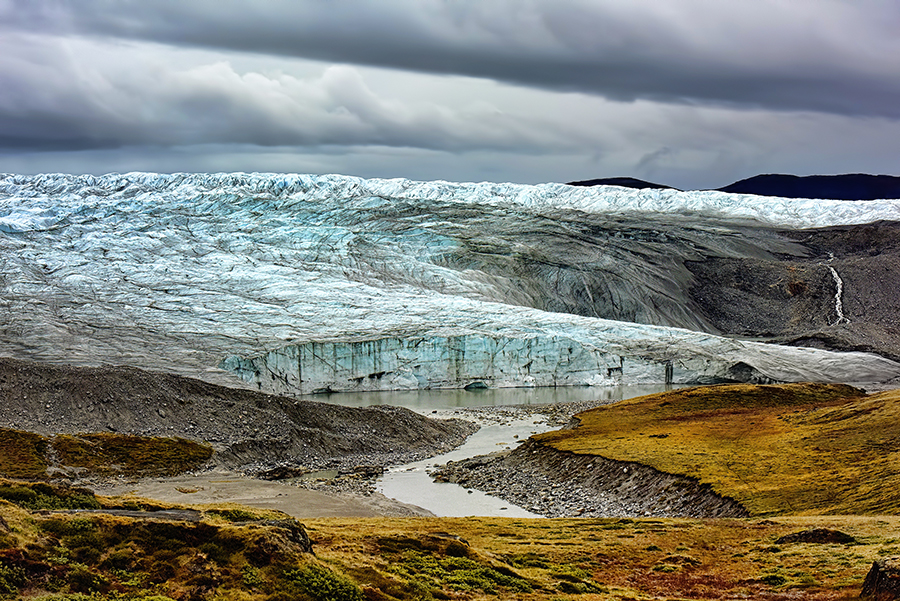Fellowships will provide an annual stipend, tuition waiver and health insurance for 4 years starting fall term 2019. Fellows will be part of an interdisciplinary cohort, with integrative activities that will also include training in environmental civics (i.e. leadership, outreach and civic engagement skills).
Students working with me will examine how changes in the landscape affect stream water composition, and how we can use stream measurements to understand landscape changes. We are examining similar fundamental questions in varied landscapes from the semi-tropics to the Arctic.
Applications due January 31, 2019.


More about the research: Stream water composition is a function of the spatial structure of the landscape, including chemical geology, hydromorphology, and land cover, and the temporal forcing of the regional hydroclimate system. The stream solute composition reflects the spatial integral of all the solute flow paths through the landscape, and the temporal integration of dynamic residence times within the various solute generating zones. As such, the temporal structure of stream solute composition measured at a downstream location can be deconvoluted to provide insights about the upstream landscape spatial structure as well as the distribution and dynamics of water residence times. Solute time series also reflect the hydraulic signals of in-stream storage, as well as in-stream biological and chemical reactivity including metabolic, sorption and weathering processes.
In landscapes characterized by rapid glacial retreat, a host of changes ensue, starting with effects on the hydroclimatic forcings (timing and magnitude of various water inputs), with attendant impacts on water storage and travel times, as well as the biological and chemical processes that control solute generation and retention. In Greenland, landscape structure has changed, with deglaciation revealing new landscape elements and solute sources, and permafrost thaw altering solute generation and connectivity dynamics. Understanding the changes already underway in high latitude catchments will support predicting the consequences of accelerating change.
More about the program: The 2019 Water Institute Graduate Fellows (WIGF) program offers a novel interdisciplinary graduate training environment. Fellows will form a cohort and will benefit from integrative activities to enhance interdisciplinary skills as well as expertise in environmental civics (i.e. leadership, outreach and civic engagement skills). Fellows will focus on three overlapping areas. The first focuses on answering scientific questions related to hydrology, ecology and geochemistry in high latitudes, the location of the greatest environmental and hydrologic changes on the Earth. The second will enable collaborations to develop multidisciplinary research investigations among researchers, practitioners, and students across multiple disciplines, including geology, hydrology, microbiology, botany, ecosystem science, coastal hydrodynamics, and communications. Finally, students will be trained in environmental civics, defined as the principles and practice of public engagement, including general audience communication skills, policy discourse, and civic leadership. Rarely addressed in academia, environmental civics is vital to reverse skepticism of scientific institutions and maximize the relevance and impact of our research.
